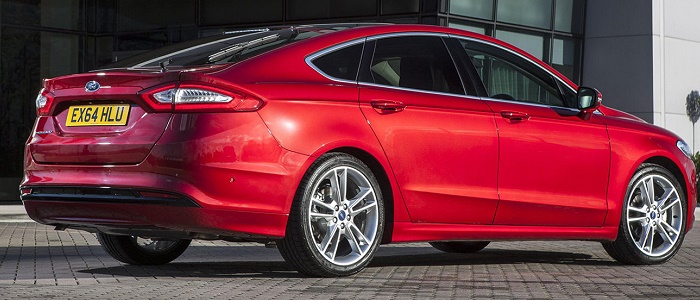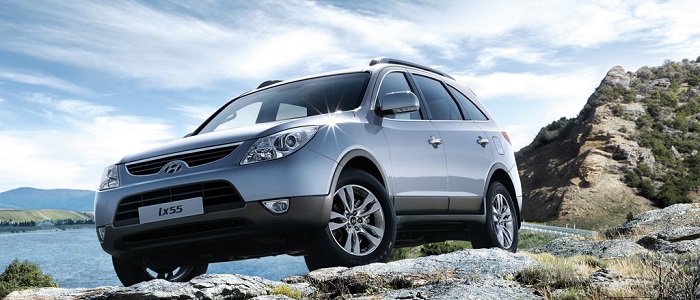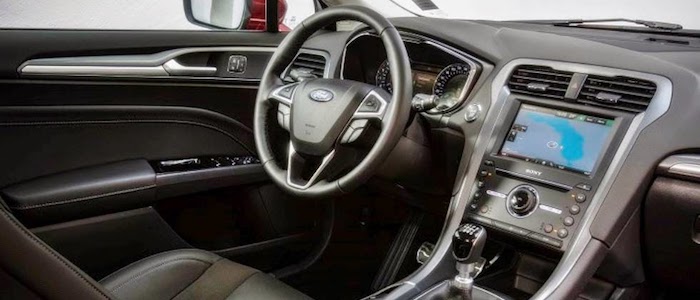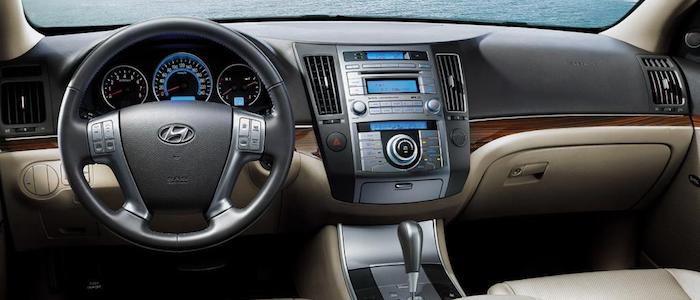Compare two cars
Compare any two cars and get our Virtual Adviser™ opinion
Dimensons & Outlines
Check vehicle history
Engine
Performance (manual gearbox)
Performance (automatic gearbox)
Expenses
Virtual Adviser's™ opinion
Not too much to compare here, I'm affraid. We're considering two fairly different vehicles in this case. For a start, they are not even classified under the same segment, with the Ford being a large family car and the Hyundai representing suv vehicle class. Apart from that, different body styles uncover their separate purposes. The first one is a 5-door hatchback meant for people who use their car around city on regular basis, but still need some room for luggage. The other one, a 5-door suv is mostly desired by those who have some or even extensive offroad aspirations and consider their car to be a part of an adventure.
SafetyThe fact that the Ford got tested by the European New Car Assessment Programme (Euro NCAP), while the other contender didn't, puts it sky-high safety-wise, in my eyes at least. That aside, let's consider some other aspects which affect safety. The second vehicle is a suv and that gives it a marginal advantage over the large family car competitor, at least that's what statistics show. Furthermore, if we'd like to consider vehicle mass in this context too, which we definitely should, the Korean car offers a potentially life-saving difference of 41% more metal.
ReliabilityReliability is not the best thing to consider on the make level, but it is worth mentioning that both brands display similar results in faults and breakdowns, when all the models are taken into account. That's the official data, while our visitors describe reliability of Ford with an average rating of 4.4, and models under the Hyundai badge with 4.5 out of 5. Independent research findings rank Mondeo as average reliability-wise, and ix55 is more or less at the same level.We should definitely mention that owners of cars with the same powertrain as the American car rank it on average as 4.6, while the one under the competitor's bonnet gets 5.0 out of 5.
Performance & Fuel economyFord is undoubtly more agile, reaching 100km/h in 1.4 seconds less than its competitor. In addition to that it accelerates all the way to 215 kilometers per hour, 25km/h more than the other car. When it comes to fuel economy an obvious choice would be the American car, averaging around 4.4 liters of fuel per 100 kilometers (64 mpg), in combined cycle. That's 114% difference compared to the Korean car!
Verdict
Hyundai appears just a bit more reliable, although the difference is truly marginal. The most important thing when deciding between any two vehicles should always be safety, both passive and active. In my opinion, everything taken into account, the American car offers significantly better overall protection, taking the lead here. It all continues in the same direction, with Ford outracing its opponent in any situation possible, making it better choice for boy racers. To make things even better, it consumps less fuel! All together, there's not much more to say, in this case I wouldn't even consider anything but Ford. In any case that's my personal view, built upon all the data available to me. What should decide here though is the way you feel about the two vehicles, and I hope you'll find my guidelines useful in the process. In case you have two minutes to spare I invite you to define your needs, desires and budget and see which car would be chosen by the virtual adviser™, among more than 12.000 different ones in our database.


































